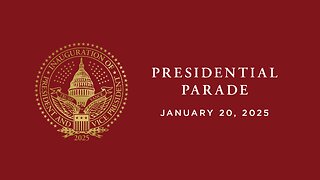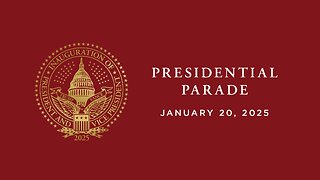Premium Only Content

ISF Filing Demystified: Essential Requirements for Importer Security Filing
ISF Depot // 661-246-8217 // customs@isfdepot.com // www.isfdepot.com
In this video, we delve into the requirements for timely and accurate Importer Security Filing (ISF) filing, which is a crucial aspect of customs brokerage. Failure to comply with ISF regulations can result in penalties and delays in the clearance of goods, underscoring the importance of understanding the process. The key requirements for ISF filing include providing complete information about the manufacturer or supplier, the buyer or importer of record, the seller or ship-to party, the consolidator or stuffer, the harmonized system tariff codes, the container stuffing location, and the bill of lading and booking numbers. To ensure a seamless filing process, it is advisable to organize data in advance, utilize technology such as customs brokerage software, partner with an experienced customs broker, and stay informed about any regulatory changes. By adhering to these requirements and following the provided tips, importers can minimize risks, avoid penalties, and expedite customs clearance processes for their shipments.
#usimportbond #isfcustomsbroker #uscustomsclearing #isfentry
Video Disclaimer Here: This tutorial is independent and not affiliated with any US governmental entities.
00:28 - Importer Security Filing (ISF) is a crucial step in the customs clearance process, requiring timely and accurate submission of specific information to US Customs and Border Protection (CBP).
00:48 - Failure to comply with ISF regulations can result in penalties, delays in goods clearance, and additional costs, as CBP has the authority to refuse entry of improperly filed goods.
1:11 - Key requirements for ISF filing include providing detailed information about manufacturers, buyers, sellers, and container stuffing locations, as well as accurate Harmonized System (HS) tariff codes and bill of lading numbers.
3:00 - Tips for ensuring timely and accurate ISF filing include organizing data in advance, utilizing technology for validations, partnering with experienced customs brokers, and staying informed about changing customs regulations.
-
 LIVE
LIVE
Donald J. Trump
2 hours agoDonald J. Trump Attends the Presidential Parade
28,609 watching -
 LIVE
LIVE
GOP
13 hours agoDonald J. Trump Attends the Presidential Parade
4,439 watching -
 3:20:22
3:20:22
Steven Crowder
6 hours agoCrowder Inauguration Day Live Stream 2025 | The Return of Donald Trump!
868K328 -
 LIVE
LIVE
Right Side Broadcasting Network
7 days ago🔴 LIVE: The Inauguration of Donald J. Trump as the 47th President of The United States 1/20/25
69,856 watching -
 LIVE
LIVE
Kimberly Guilfoyle
52 minutes agoLive Inauguration Day Coverage
1,535 watching -

vivafrei
4 hours agoTHE DON OF A NEW AMERICA! Trump Inauguration Live Stream! Viva Frei Live!
51.7K48 -
 3:42:54
3:42:54
The Quartering
23 hours agoTrump Inauguration LIVE Broadcast & Commentary With DecoyVoice, Hannah Clare & Styxhexenhammer!
140K30 -
 LIVE
LIVE
LFA TV
23 hours agoLIVE: INAUGURATION OF PRESIDENT DONALD J. TRUMP
4,248 watching -
 53:47
53:47
Russell Brand
4 hours agoInauguration Day Live! – SF522
114K50 -
 2:43:30
2:43:30
Donald Trump Jr.
6 hours agoFull Coverage of My Father’s Inauguration, America is Back. | TRIGGERED Ep.209
298K231